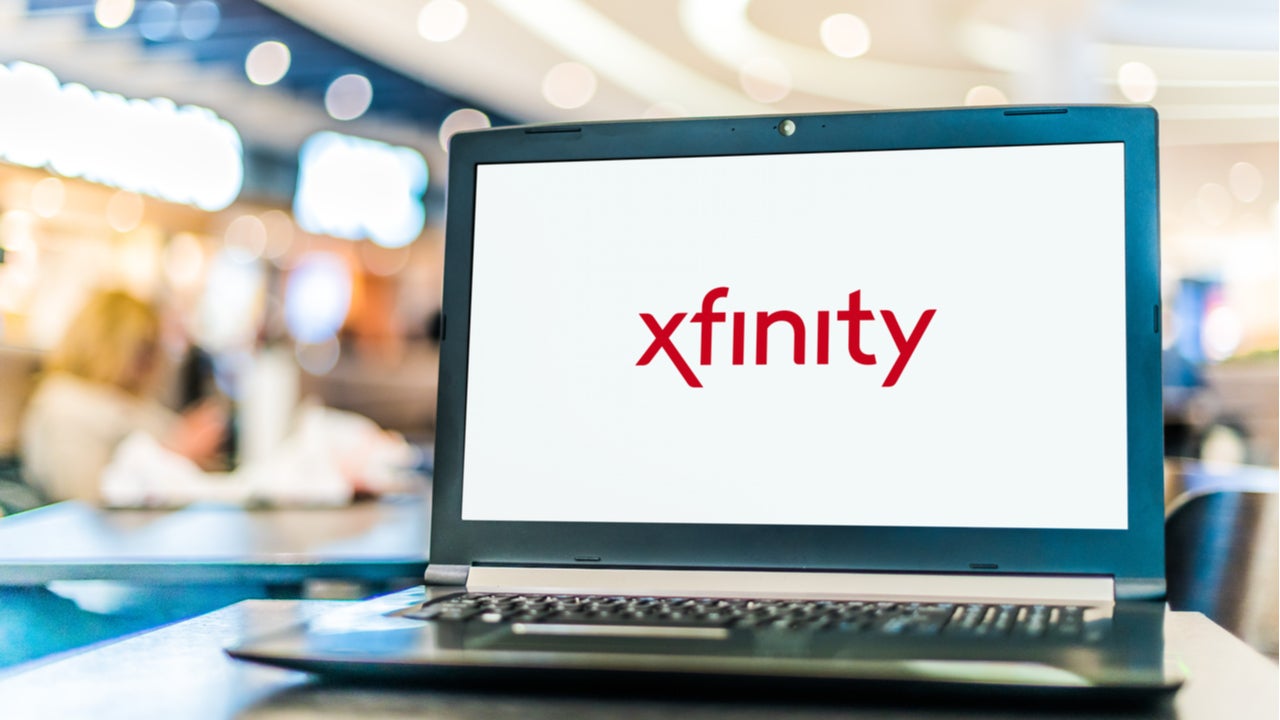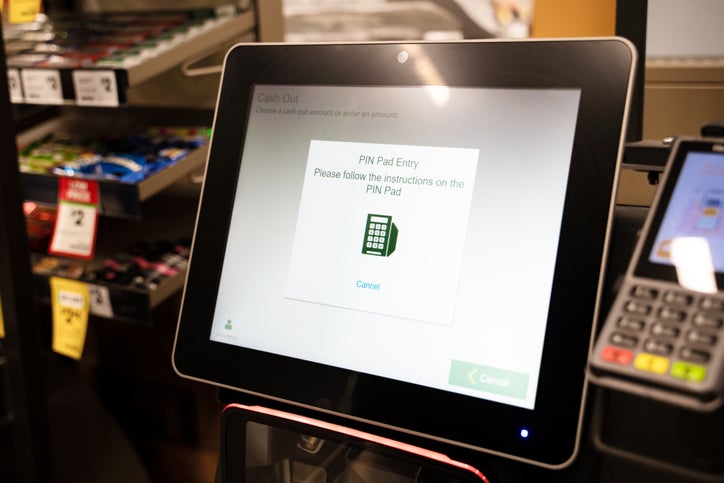Comcast, the largest US broadband provider, is upgrading its fiber-based Xfinity Gigabit Pro service, raising the symmetrical service speed from 2 Gbps to 3 Gbps. The upgrade began rolling out at the end of September in the Northeast and Central regions and has since been extended to the Western US.
The move reflects the growing importance of fiber lines as some customers seek out multi-gigabit broadband data speeds. Fiber-optic cables are set to become increasingly important for US home internet service, especially as users demand faster speeds and lower latency from their internet connections. Fiber will be a significant component in the looming multigigabit future as service providers upgrade their networks to top the speed charts.
GlobalData predicts the number of US fiber lines will grow at a robust CAGR of 10.8% and reach 28.2 million lines by year-end 2026. This growth will be due to rising demand for high-speed internet services in the nation and efforts by the government and operators to expand FTTx (fiber to the premises, which includes fiber to the home and fiber to the business) networks.
Multigigabit service comes with caveats
Very few households require multigigabit broadband service, even if they engage in simultaneous internet access for remote working or schooling, video conferencing, and entertainment. Nonetheless, there are residential customers that demand this type of high-speed service, usually for work or even gaming.
Residential multigigabit services tend to have limited availability, installation wait lists and quite a few caveats – such as high monthly charges (Gigabit Pro’s monthly subscription price is $299.95), plus high installation and activation fees.
There are also requirements for end users to have routers and computers that are compatible with super high-speed residential broadband service. Nonetheless, US service providers are wise to prepare for a multigigabit future, as households continue to increase their broadband data consumption.
How well do you really know your competitors?
Access the most comprehensive Company Profiles on the market, powered by GlobalData. Save hours of research. Gain competitive edge.

Thank you!
Your download email will arrive shortly
Not ready to buy yet? Download a free sample
We are confident about the unique quality of our Company Profiles. However, we want you to make the most beneficial decision for your business, so we offer a free sample that you can download by submitting the below form
By GlobalDataComcast and the multiple paths to multigigabit
Fiber-based symmetrical service is generally considered superior to asymmetric DOCSIS-based infrastructure used by Comcast and other US cable operators. However, the cable industry is developing technology to support its 10G vision, an initiative that would see the cable access network deliver 10G per user. Comcast itself is working on the Full Duplex (FDX) version of DOCSIS 4.0, a cable spec supporting symmetrical streaming with 10 Gbps downstream speeds.
Despite these efforts by the cable industry, GlobalData expects cable’s share of total US fixed broadband subscriptions to decline to 67.1% by the end of 2026, from 68% in 2021, as other technologies like fiber and fixed wireless expand their presence. GlobalData forecasts that total US fixed broadband lines, including fiber, fixed wireless, and cable, will increase from 103.1 million in 2021 to 112.3 million by year-end 2026.
Numerous US broadband service providers are already charting paths to offer multi-gigabit services in the coming years. Providers whose service maxes out at 1 Gbps, and even Google Fiber with its existing 2 Gbps service, have been put on notice that they will need to ramp up their speed game.









Related Company Profiles
Comcast Corp